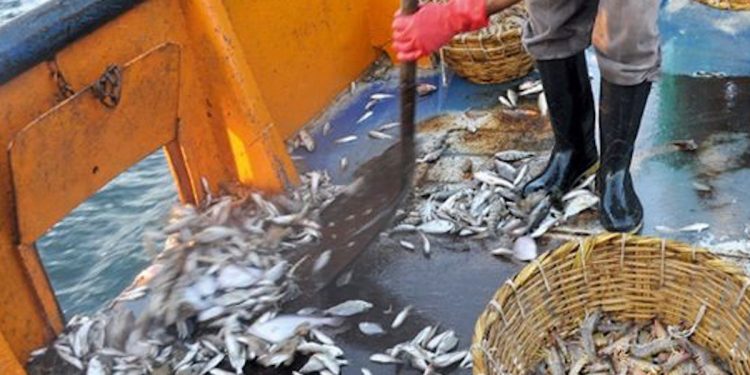Overall results of an evaluation carried out by the European Fisheries Control Agency (EFCA) in co-operation with the Member States Control Expert Groups (CEGs) indicates that non-compliance with the Landing Obligation appears to have been widespread during the evaluation period.
The evaluation of selected fisheries in the North Sea and North Western Waters was performed over the period 2015-2017 for mackerel fisheries and over 2016-2017 for North Sea fisheries targeting cod, plaice and sole and for North-western waters fisheries targeting haddock, hake and whiting.
This implemented up to five different methods for measuring the compliance with the Landing Obligation, also mitigating the low availability of reference data obtained during sea inspections where the catch composition is assessed.
Detection of non-compliance with the Landing Obligation remains difficult when only depending on classical monitoring based on inspections due to the fleeting nature of discards at sea, which may occur at any time of the fishing trip by day and by night.
The evaluation concludes that Remote Electronic Monitoring (REM) systems, encompassing CCTV, ensure a continuous observation of the fishing gear and catch processing activities on board the fishing vessels, and would be instrumental in the efficient monitor, control and surveillance of compliance with the Landing Obligation.









